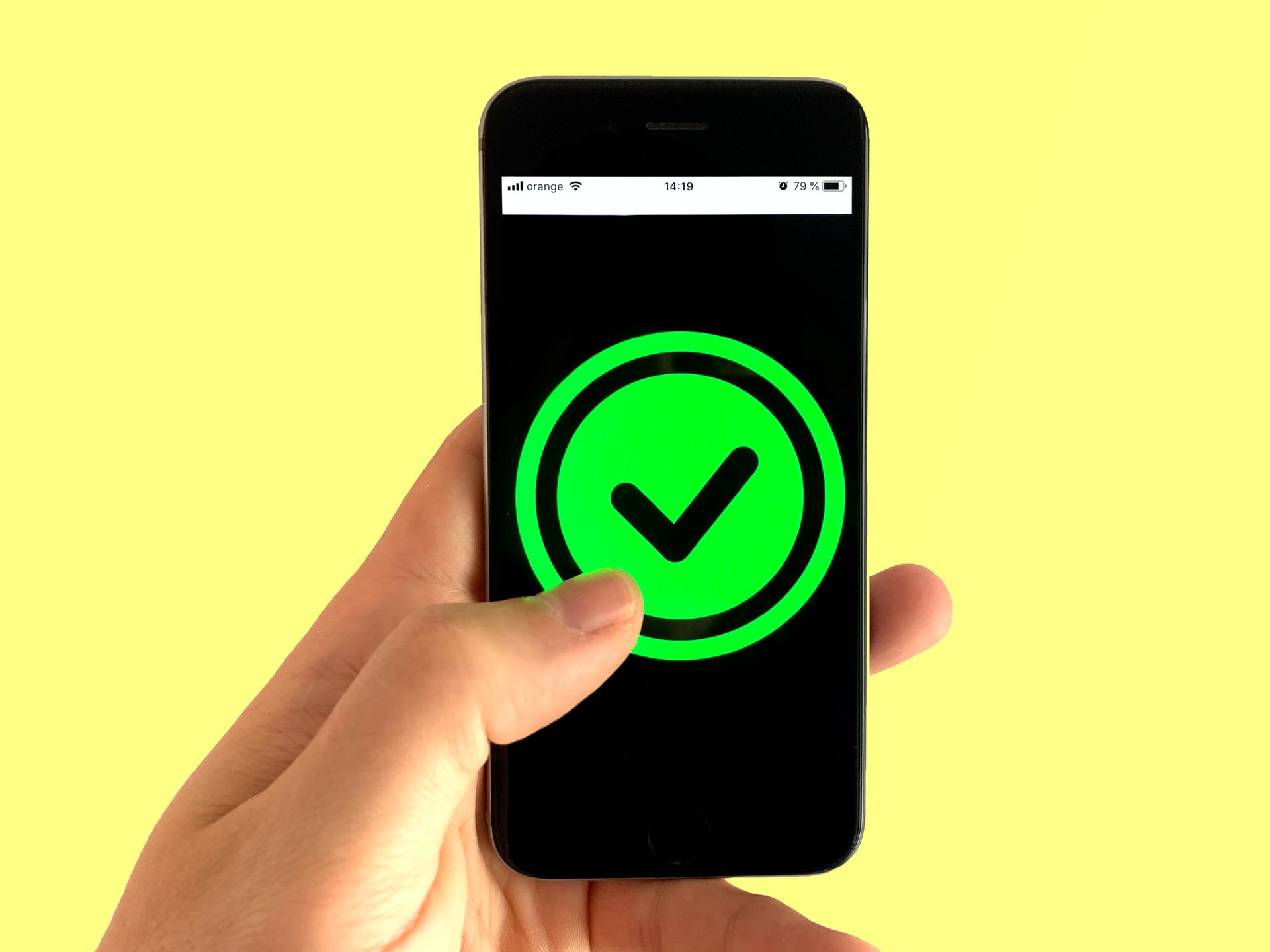I vividly remember some of the lessons my parents taught me from a young age. You likely share these memories too. Lessons that were habituated into permanent consciousness so we’d never forget. And we haven’t.
If our clothing ever caught fire, we knew to stop, drop, and roll. Before crossing a street, we knew to look both ways. When walking alone, we knew to never stop and talk to strangers. We heard these instructions so often that it was irritating, but now we know that these rules were designed to keep us safe as we became more independent.
Children don’t realize how dangerous the world can be because they’ve been protected from it their entire lives. But as they step into adolescence, and then adulthood, they must become self-aware so that they can take the necessary precautions to protect themselves.
Just as parents support their child’s first step into the real world, they should also do the same as they take their first steps into the digital world as well. Most of us weren’t raised on technology and are now only realizing its tangible impact on our lives. Now that we know the consequences of our online reputations, it’s critical that we impart this knowledge onto younger generations.
What they don’t know can hurt them
Technology has made our lives better, there’s no denying that. For the first time, we have the world at our fingertips. Anything we want is just one click away. For teens, the internet is their utopia. It’s their entertainment. It’s their social life. It’s their portal into another world.
And this is a problem. They don’t know that one Google search can tell a person’s entire backstory — the good, the bad, and the ugly. They don’t know that scammers are chameleons and can pretend to be anyone online in order to steal someone’s private information. The only reason some of us know these disturbing facts is because we’ve experienced them firsthand.
It’s hard to educate younger generations about the dark realities of the real world. You might think it’s okay to stall this awareness until they’re older, but this only puts them more at risk. Over half of children in the U.S. own a smartphone by the time they’re eleven-years-old. They should understand the dangers of the internet and the consequences of their online reputations before you put that phone into their hands.
Teenagers get a bad rap for their naivety, but how can we expect any different? If we don’t educate them and stoke their self-awareness and independence, we are only setting them up for failure.
The weight of a digital footprint
In today’s digitized world, we live two lifestyles: who we are online and who we are offline. For some, these identities are mirrored, but for others, the thrill of instantaneous connectivity and a veiled appearance can bring out an entirely different person.
You have complete control over who you want to be online, and you can be as private or candid as you wish to be. But know this: you are being judged for everything you share, and you start building your digital footprint from your very first post.
This can be powerful. People have built remarkable connections with people they’ve met through various online platforms. But it can also be damaging. One controversial image or comment can quickly snowball into backlash and animosity which can follow you around for the rest of your life.
It’s important to promote emotional skills in your teenager, but this becomes even more critical because it influences their online interactions. Take the Meta-Moment, for example. This is a tactic used to help stifle overemotional reactions to a triggering event. Encouraging your teenager to pause before they respond to someone who’s shared an unfavorable opinion, or even a cyberbully, can prevent them from saying something they’ll regret later.
During adolescence, it’s also important that your teenager learns how to manage their time. Excessive internet use can have adverse effects on a person’s mental health. If they spend all their time online and become self-deprecating or feel increasingly insecure, it will eventually start reflecting in their posts. Encouraging better time management allows them to have conscious control over where they focus their energy, which can help them feel better and lessen the likelihood of them making a poor decision online.
Teach them what’s okay to share
Being a helicopter parent won’t help protect your teenager online. As difficult as it may be to leave them to their own devices, you won’t have to worry as long as you’ve taught them how to navigate their online space.
Because of their age and limited life experience, your teenager hasn’t figured out what’s okay to share and what’s not okay to share. They were raised on technology, so they may be more trusting of the internet than someone who wasn’t. They might not think it’s problematic to share their age, address, or location. If they knew that their small number of followers aren’t the only ones who have access to this information, they’d be less inclined to share this information publicly.
They might look back five, ten, maybe even twenty years later and be embarrassed by something they’ve shared online, but there is a difference between humorous humiliation versus saying something that could damage their reputation or put them at risk for a scam.
You want your children to be independent, creative people who aren’t afraid to take a little risk. But the risks we knew of growing up have become much more complex in this digital landscape. Teach your children how to purposely connect online so that they can create a positive digital footprint that could lead to lucrative opportunities in the future. Additionally, teach your children about resources like MyLife that will help them protect themselves online as they venture into adulthood. Our platform allows individuals the ability to research and verify anyone online, which serves as a catalyst for future safety and protection.






